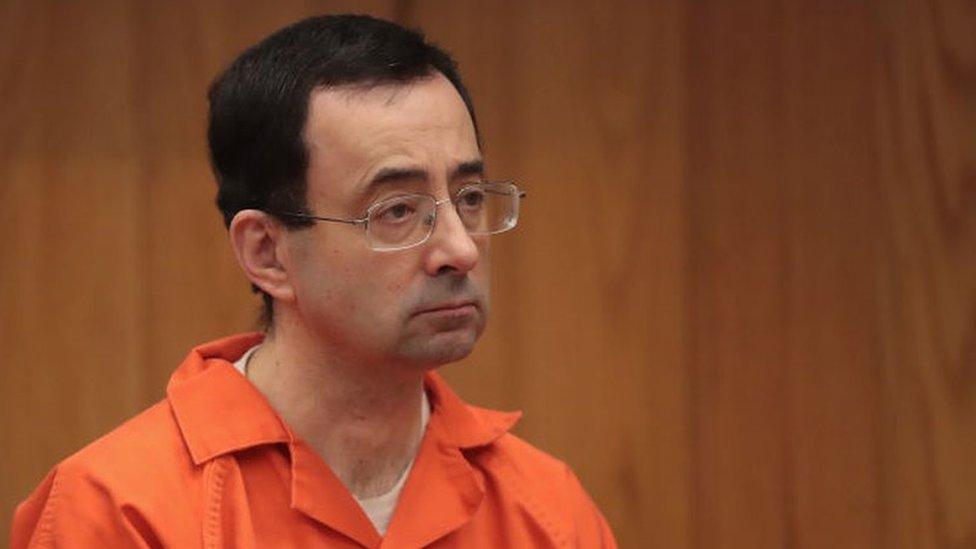Former informant 'White Boy Rick' sues FBI for $100m
- Published

Richard Wershe Jr has sued the FBI one year after his release from prison
His exploits were fictionalised in a Hollywood movie, and now the true story of a one-time teenage FBI informant has a new twist.
Richard Wershe Jr has filed a $100m (£73m) lawsuit against former FBI agents and prosecutors, alleging child abuse in connection with his time as an informant.
Wershe, now 52, spent three decades behind bars after a drug conviction.
Recruited at 14, he is thought to be the youngest FBI informant in history.
"I want this chapter in my life closed," Wershe said, surrounded by family at a press conference on Tuesday, on the one-year anniversary of his release.
Known as "White Boy Rick", Wershe's brief stint as an informant and his ultimate conviction inspired a 2018 movie of the same name, with Matthew McConaughey cast as his fictional father.
Wershe has said the moniker was not a nickname, but made up by the media around the time of his arrest.
Former Detroit police officers, retired FBI agents, former federal prosecutors and the city of Detroit are all named in the suit.
A spokeswoman for Detroit office of the FBI declined to comment on the suit because it is ongoing.
In the 10-page lawsuit, Wershe alleged he was initially contacted by federal agents after his father reached out to the FBI, saying his daughter was dating a known drug dealer.
He recalled meeting regularly with FBI agents and Detroit police officers to provide information on Detroit's drug gangs.
"Had I not been an informant for the task force, I would never have gotten involved with drug gangs or criminality of any sort," he wrote in the filing.
Wershe was "coerced" to continue the work, he said, despite what he described as an attempted assassination by local criminals once his link to law enforcement was suspected.
After two years working with law enforcement, Wershe was drawn to the other side. He told The Guardian in 2015 he was "blinded" by money, women, and material possessions.
He was convicted in Michigan at age 17 for possession of cocaine. His role as an informant was not admissible in court and he received a life sentence.
"I was misguided," he told the Guardian. "I went down a path that I never thought would affect the rest of my life."
Related topics
- Published1 April 2019

- Published8 June 2021

- Published15 July 2021
